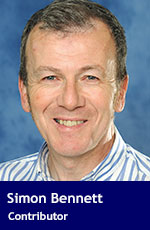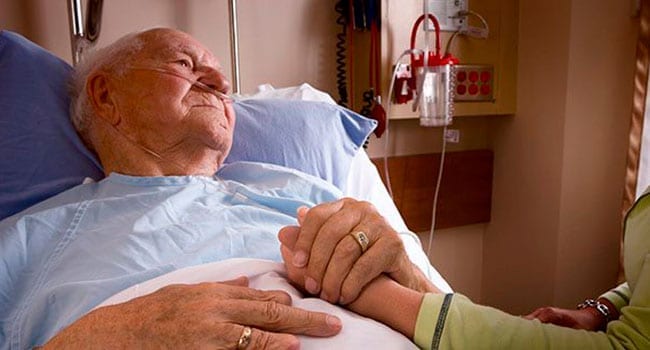 We need the medical profession. It reassures us. When we’re ill, it either cures us or numbs our pain. Unfortunately, our reliance on health care can lead us to look at medical professionals through rose-tinted spectacles.
We need the medical profession. It reassures us. When we’re ill, it either cures us or numbs our pain. Unfortunately, our reliance on health care can lead us to look at medical professionals through rose-tinted spectacles.
As with society at large, the medical profession mixes the good, the bad and the ugly. Occasionally, the profession throws up a monster, as with Dr. Harold Shipman, an English general practitioner who murdered at least 200 people.
The fact that for so long Shipman’s murders went undetected suggests there may be something wrong with the culture of the profession. Is it too deferential? Are medical professionals too trusting of colleagues? Has a club-like mentality replaced methodical skepticism as the dominant professional more?
The profession can be defensive when challenged. In 2016, one manager in the United Kingdom’s National Health Service (NHS) told The Guardian newspaper that, when criticized, “The organization becomes defensive and takes the corporate line to protect themselves from a legal challenge and puts it down to your perception. You are then managed out of your job through contrived actions.”
According to this whistleblower, NHS considers bullying a legitimate management technique. In a 2016 Guardian survey of 1,500 medical professionals, eight out of 10 claimed to have been bullied.
Bad behaviour is seen in other health-care systems, too.
In the postwar period, Britain’s medical elite obstructed the governing Labour Party’s plans for universal health care. Some doctors likened Health Minister Nye Bevan to a dictator. The British Medical Association threatened strike action. Doctors backed down after Bevan “stuffed their mouths with gold.” Concessions included allowing GPs to run their practices as small businesses and the continuation of private practice.
Today, much of the health budget is spent on salaries. Britain’s GPs are paid more highly than those in any other Organization for Economic Co-operation and Development (OECD) country, earning nearly twice as much as their French counterparts. In 2011, The Guardian reported that two GPs earned £475,000, “the highest salaries in the state sector outside the BBC.”
Some have even attributed to general practitioners’ greed the disintegration in the late 1970s of Canada’s universal health-care system.
The medical profession lectures the public on health matters. Some believe it’s time for the public to lecture the medical profession on ethics.
In 2016, working with fifth-year medical students, I evaluated the safety-management and educational benefits for health care of aviation’s Normal Operations Safety Audit (NOSA) in England. After receiving training, students spent six days gathering data in medical facilities.
The study revealed a threat-rich environment. Further, it recorded numerous errors (some of which were consequential). The findings, published in the academic journal Risk Management and Healthcare Policy (Aug. 8, Volume 2017; 10), prompted my conclusion that “NOSA is potentially an effective safety management and educational tool for health care.”
The medical profession does an outstanding job. Life expectancy continues to rise.
However, each year, NHS records 12,000 “avoidable deaths.” In 2017, NHS carried a contingent liability of over £26 billion for claims alleging medical error.
In the United States, the three biggest killers are cancer, heart disease and medical error. According to the U.S. Institute of Medicine, “as many as 98,000 people die in [U.S.] hospitals each year as a result of medical error.”
What practical actions might consumers of health care take to improve our chances of survival?
First, always ask for a second opinion. As explained in the Institute of Medicine’s watershed 1999 report To Err is Human: Building a Safer Health System, doctors are fallible, especially when obliged to work long hours in inadequate facilities.
Second, ensure that any health-care professional you interact with is aware of the safety-enhancing potential of the NOSA methodology.
Third, don’t be afraid to complain. In 2013-14, NHS England received 174,872 written complaints from patients. Poor services will only improve if those affected register their dissatisfaction with both the health authorities and their elected representatives.
Remember: silence equals death.
Dr. Simon A. Bennett is the director of the Civil Safety and Security Unit at the University of Leicester, in the United Kingdom.
The views, opinions and positions expressed by columnists and contributors are the author’s alone. They do not inherently or expressly reflect the views, opinions and/or positions of our publication.

